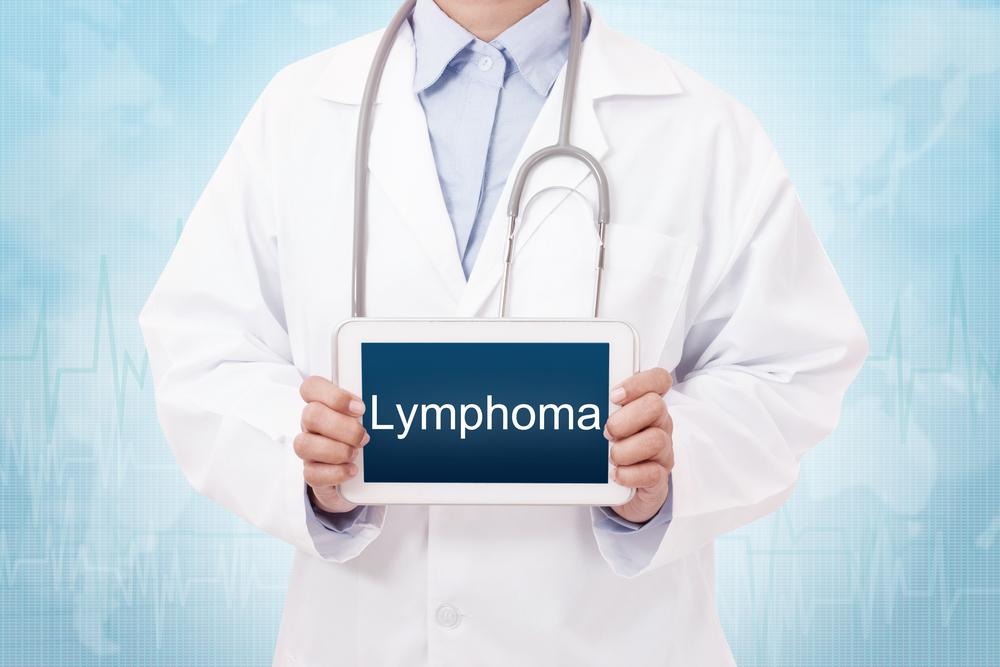Understanding the Role of Chemotherapy in Cancer Management
This article explains how chemotherapy supports cancer treatment by targeting malignant cells. It covers drug selection, dosage considerations, treatment schedules, and adjustments to optimize effectiveness and manage side effects, often in combination with other therapies for comprehensive care.
Sponsored

The Importance of Chemotherapy in Fighting Cancer
Chemotherapy is a common treatment option for cancer, involving the use of powerful drugs aimed at eliminating malignant cells. It can serve to cure, control, or provide relief from symptoms, especially when cancer has spread beyond its original location. When metastasis occurs, chemotherapy is often combined with other therapies like surgery, immunotherapy, or radiation to improve outcomes.
Key considerations for chemotherapy planning include:
1. Choice of Chemotherapy Drugs
The selection of drugs depends on various factors such as:
- Type and stage of cancer
- Patient’s overall health
- Co-existing health conditions
- Age
- Previous chemotherapy treatments
2. Determining the Right Dose
Chemotherapy can cause side effects like fatigue, nausea, anemia, and others. Therefore, careful dose calculation ensures its effectiveness while minimizing adverse effects.
3. Treatment Scheduling
Chemotherapy is usually organized into cycles, where patients undergo treatment for several days followed by rest periods to enable healthy cell recovery.
4. Modifying Treatment Plans
Adjustments are often made based on patient tolerance. If side effects are severe, treatment schedules can be modified, and supportive medications may be used to alleviate symptoms.






